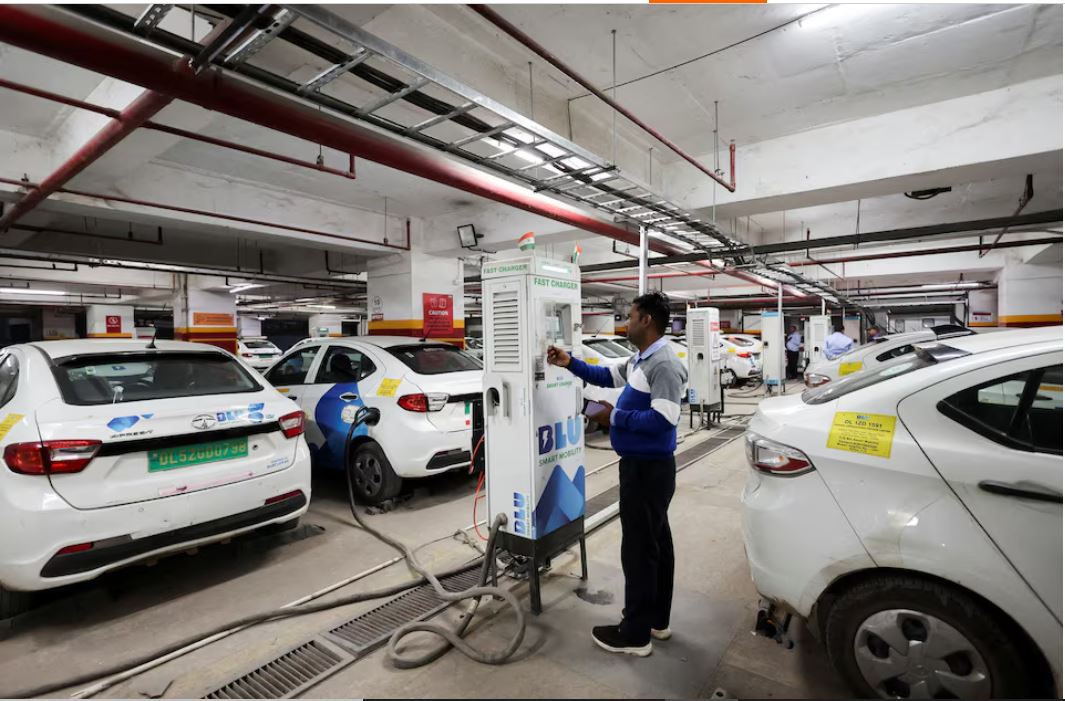Exicom Tele-Systems, a major supplier to automakers like Mahindra & Mahindra and MG Motor, aims for its electric vehicle (EV) charger business to account for half of its annual revenue by 2030, CEO Anant Nahata revealed. This shift aligns with India’s clean energy push, supported by reduced import taxes on EVs and substantial government incentives for local EV and component manufacturing.
Rapid Growth in EV Chargers
Exicom’s EV charger business, launched in 2019, has quickly gained traction, generating INR 2.43 billion (USD 28.7 million) in revenue during the fiscal year 2024. This accounts for roughly 25% of the company’s total revenue. The company’s chargers are bundled with six out of every ten electric cars sold in India, reflecting its dominance in the growing market.
Looking ahead, Exicom aims to double its EV charger revenue by 2030, driven by India’s booming EV sector, which is expanding at an annual rate of 30-50%.
Expanding Capacity and Global Reach
To meet this ambitious target, Exicom plans to significantly boost its production capacity. It will begin manufacturing EV chargers at a new facility in Hyderabad next year, more than quadrupling its current output. Additionally, the company is looking to expand its reach internationally, targeting EV manufacturers and charging point operators in Southeast Asia, Europe, and the United States.
This global push is supported by Exicom’s recent acquisition of Australian EV charger maker Tritium. The deal includes Tritium’s manufacturing facility in Tennessee, providing a foothold in the U.S. market. Nahata noted that the company is pursuing both organic and inorganic growth strategies to enhance its position in the EV charging ecosystem.
Diversified Revenue Streams
Currently, the bulk of Exicom’s revenue comes from its critical power business, which produces lithium-ion batteries and power systems for telecom operators across India, Southeast Asia, and Africa. However, with India’s EV sector poised for rapid growth, the company is positioning itself as a key player in the transition to cleaner transportation solutions. The move reflects Exicom’s confidence in the long-term potential of EV infrastructure, both domestically and globally.



